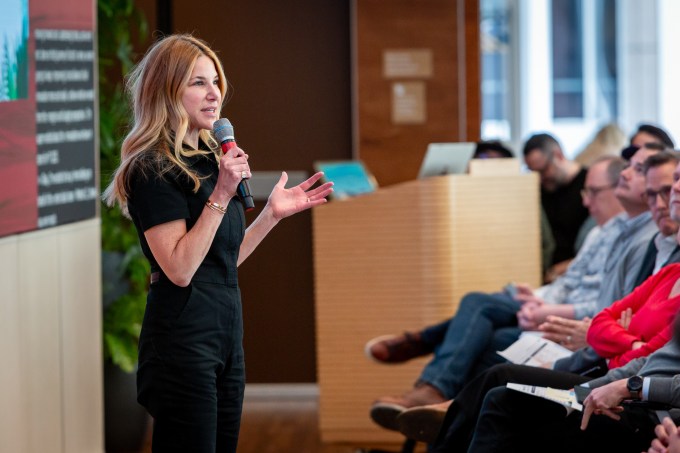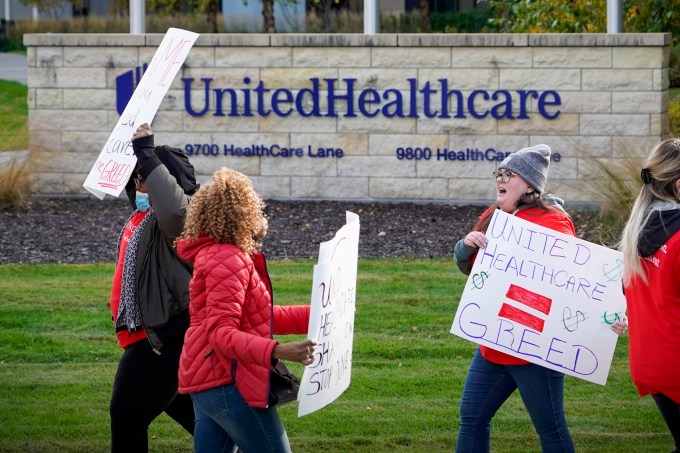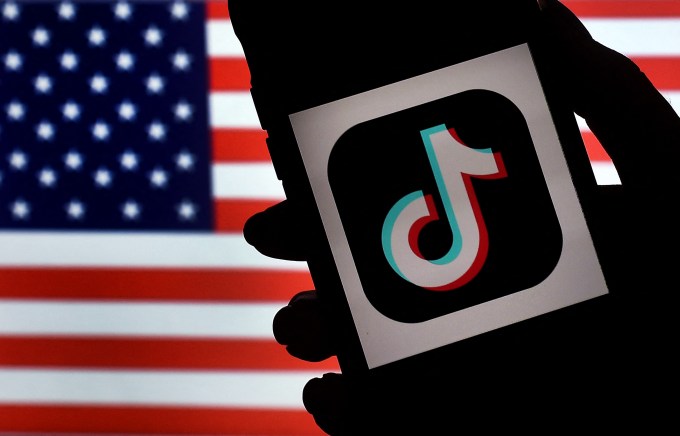| What a week of surprises it was! Who would have expected carmaker Rivian to unveil a “treehouse” rooftop tent atop a newly introduced hatchback? It was even more stunning to see titans in the venture world duke it out on social media in a dizzying back-and-forth over the potential dangers of AI. It almost made me miss the days when VCs would carp about one another privately. (One very rare exception, and a precursor perhaps to what happened this past week, was that time Marc Andreessen told the New Yorker of another powerhouse investor, Bill Gurley: "I can’t stand him. If you’ve seen “Seinfeld,” [he’s] my Newman.") Of course, the biggest bombshell — at least inside of OpenAI, the most valuable privately held company on the planet right now — came from a New York Times story on Thursday. Its big reveal? That Mira Murati, OpenAI's chief technology officer, played a role in the firing last November of CEO Sam Altman, according to the outlet’s sources. Per the Times, Murati wrote a private memo to Altman, expressing concerns about his leadership. She also shared these concerns with the board, and given that it was also hearing concerns from OpenAI co-founder and board member Ilya Sutskever, it eventually took action. As anyone not living under a rock knows by now, that decision — to summarily dismiss Altman — did not go over very well with the company’s investors or employees. After two weeks of turmoil, Altman was reinstated as CEO, and two of OpenAI’s board members left. Sutskever also lost his board seat and has maintained a far lower profile in the ensuing months, raising questions about how long he’ll remain affiliated with OpenAI. What the future holds for Murati is now unclear, too, though following the Times report, she took to X to say that she maintains a strong relationship with Altman, that her interactions with the board were twisted, and that it tried to “scapegoat” her with “anonymous and misleading claims." Only Altman, who lost his own board seat during the fracas, has fully rebounded from the episode — if not amassed even more power. Indeed, on Friday, OpenAI announced Altman’s return to the board along with the addition of three new board members, saying that an investigation by the law firm WilmerHale into Altman's "conduct did not mandate removal” and that the company has “full confidence” in his leadership. Whether there’s another twist to come remains to be seen — stay tuned! In the meantime, hope you enjoy these weekend reads. — Connie Loizos | 







No comments:
Post a Comment
Note: Only a member of this blog may post a comment.